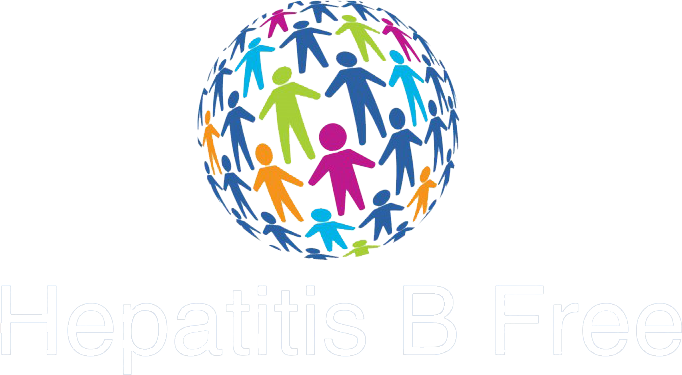December 2016 DPRK Trip Report
This post has been adapted from “Stories from the journey” by Dr Alice Lee (As printed in the Christian Friends of Korea December 2016 Newsletter)
I cannot even begin to imagine what it must be like to live in North Korea.
Over 10 visits, two have been in November – the most difficult trip of the year for me. It’s not even winter yet, but anticipating the cold makes me shudder even in the warmth of the Sydney summer. The bitter cold – from which the buildings provide little protection – set a heavy feeling in my heart when thinking about the long cold winter ahead. All coated up, gloves and beanie on; we had work to get done. This is also the trip with the longest interval until the next one – at least 4 months away – a long, long time in my time frame. I miss Korea even before we leave and worry about those who will not make it until the next trip, those we have already met, and then lost. The faces that come to the clinic now are familiar, and their stories are becoming mine. Reluctantly or freely, they have started to share their life with me, and for this, I feel so extraordinarily privileged.
The local doctors, the Ministry of Public Health, and patients have been waiting. They are always waiting for us. And, as much as we miss them, I am sure we are missed just as much, perhaps more so.
Our trip in September gave us a good start, but now it was time to crank up the gear.
I am still struggling to come to terms with the number of patients who kept coming and how sick they were. In some naïve way, I thought we had seen the sickest already. I am now greeted by familiar faces. Even at immigration upon entry or exit, staff recall my name and their faces light up, lighting up mine. These faces, their stories are hard to hear, yet they must bear the burden. For now, we can bring some small joy. The joy is two sided, and I am so impressed by the resilience; so happy to see some faces that I had worried would not be here. Others, who have since passed, bring a sense of urgency to this small contribution we are making.
We started a single mother on treatment in September, amongst a cohort of the sickest. She returned with her 14 year old son, her eyes full of hope and anticipation. The boy was small, perhaps not too small for a local, but way too small in my mind. He lost his father when he was 6 from liver disease, the same disease that preys upon him and his future every day of his life, and we started him on treatment. I hope it will save him, I hope that his mother will live just long enough. They were happy.
I wish I could step inside the mind of a patient, whose eyes initially look into mine with menace and uncertainty, wondering what evil deed I have in store for them. And then, at some point in our conversation, whilst listening to this Australian woman, whose Korean is not quite right, there is a moment, a moment that I can almost touch where their eyes light up, followed by a smile and a physical change in the entire person. Not only in the receiving of the medicines, but often in the simple things.
No, you do not have liver cirrhosis; you do not have hepatitis B. It is not your fault that your loved one has hepatitis and is sick.
Some walk away poised and calm, only to cry with relief just as they step outside, a lifetime of burden lifted. I will no longer take for granted the simple things. We have so much to do, but what we have done to date will never ever cease to amaze me.
Report by Dr Alice Lee
